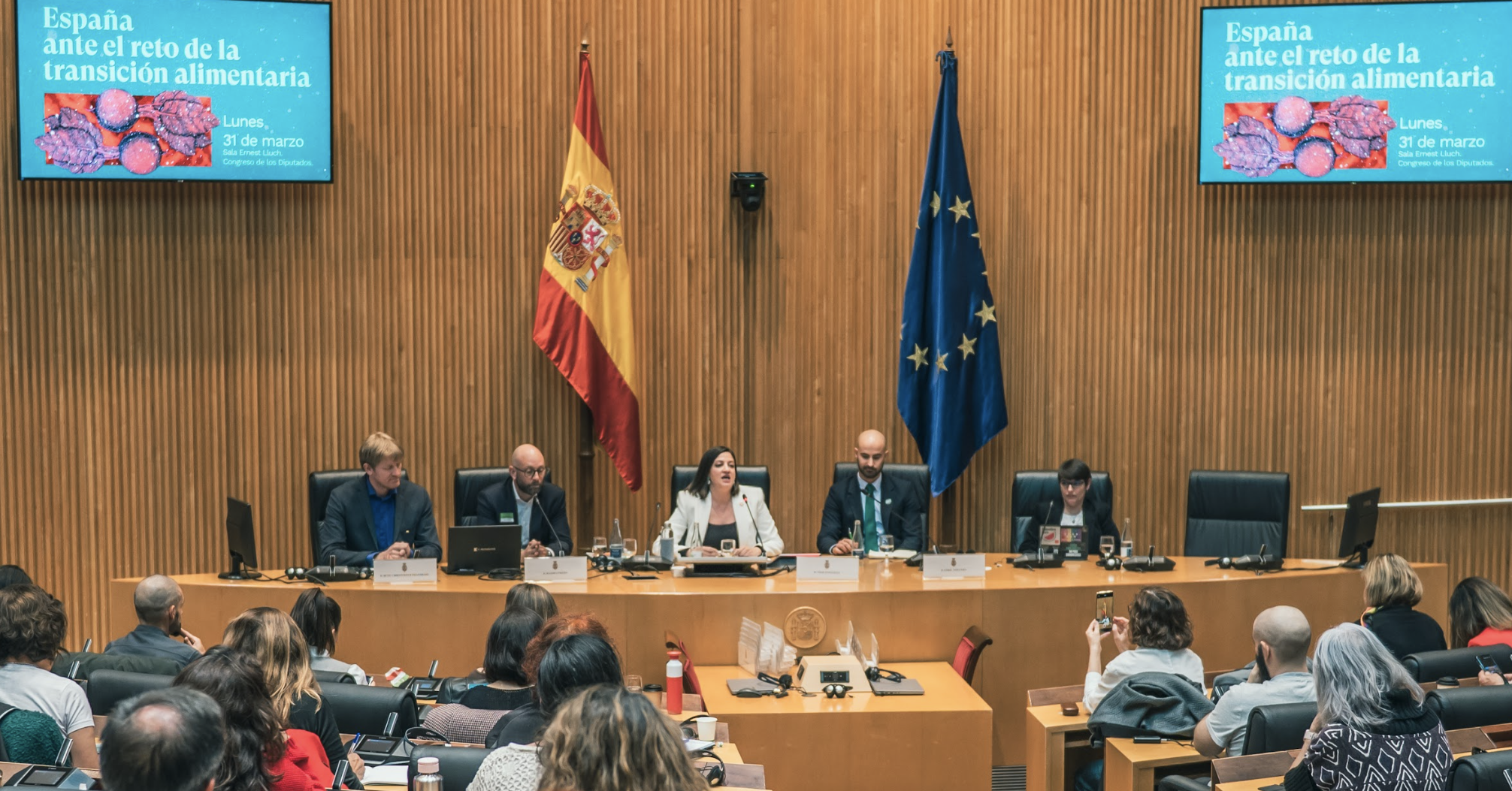ProVeg is looking to fill the following position:
About ProVeg
ProVeg International is a food awareness organisation working to transform the global food system by replacing animal-based products with plant-based and cultured alternatives. We work with decision-making bodies, companies, investors, the media, and the general public to help the world transition to a society and economy that are less reliant on animal agriculture and more sustainable for all humans, animals, and our planet. We have offices in nine countries across four continents and are active around the world. ProVeg has a permanent observer status with the UNFCCC, special consultative status with ECOSOC, is accredited for UNEA, and has received the United Nations’ Momentum for Change Award.
Director of Philanthropy (Remote)
As our Director of Philanthropy, you will play a pivotal role in accelerating the transition to a more sustainable future where everyone chooses delicious, healthy food that is good for all humans, animals, and the planet. You will define and implement the fundraising strategy for the next three years. By implementing effective giving strategies of key stakeholders in Europe and beyond, you will support their ambition to create a better world.
Your key responsibilities will include cultivating relationships with existing and new major donors, Trusts and Foundations, particularly in the areas of climate and health. You will also engage mid-value supporters and relevant stakeholders, including the corporate sector. You will lead a small global development team and support ProVeg's country fundraising strategies. Apart from several important long-term and new major donors and foundations, ProVeg International does not have a large supporter database. It will be your responsibility to identify and develop growth strategies.
The ideal candidate will be a confident fundraiser with broad experience building strong relationships with, and securing funding from, major donors/HNWI, trusts and foundations, and corporate donors within environmental or other international organisations.
Lear more about the role and submit your application here.
Thank you for your support and should you have any questions, feel free to reach out to me!



